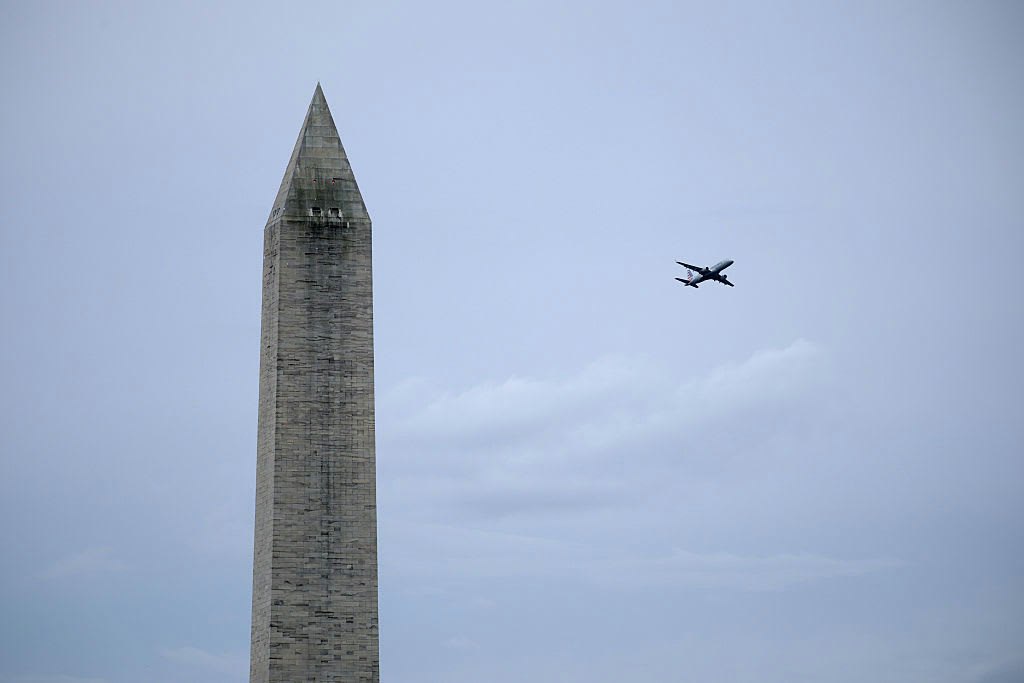Job growth held steady in October despite surging coronavirus
Hiring across the U.S. held steady in October even as coronavirus outbreaks flared around the country. Employers added 638,000 jobs last month, a slight drop from 672,000 the previous month, the Labor Department said on Friday.
The good news from the Labor Department: The nation's unemployment rate dropped by a full percentage point, to 6.9%, as more unemployed workers found work, and people on temporary layoff were called back to their jobs. The unemployment rate has fallen steadily since peaking at 14.7% in April as workers have regained jobs or given up searching for work.
But in a more troubling sign, the number of long-term unemployed Americans increased by 1.2 million last month. That means one-third of the current 11 million unemployed workers has been jobless for 27 weeks or more.
Oxford Economics' chief U.S. economist, Gregory Daco, called the report "positive and concerning at the same time."
"While the economy has reclaimed 12 million jobs from the trough of the crisis in April, it has barely passed the halfway mark in what promises to be a grueling marathon," he said in a research note Friday.
October's gains were spread widely across industries, with leisure and hospitality, retail and professional and business services regaining some of their spring losses. Still, no sector has fully recovered all the jobs lost in March and April.
At the current pace of job growth, the economy would only return to its pre-pandemic employment level in 2022.
With cold weather coming and several economic programs set to expire at the end of the year, economists are warning that more government support is needed to prop up economic growth.
"We have potentially millions of Americans facing the loss of their [unemployment] benefits by the end of the year. The direct impact of that is that those workers have less to spend, that their finances are pressured," said Daniel Zhao, senior economist at the employment website Glassdoor.
On top of that, the benefits cliff could force many of these workers to look for jobs or pick up work just as the coronavirus is most dangerous, Zhao said.
"If the coronavirus is spreading in winter and workers are looking for work just as it's spreading, that could accelerate the spread of virus while subsequently hurting the economy," he said.
Congress has been unable to agree on an economic stimulus package, with Democrats pushing for another $2.2 trillion in spending but many Republicans seeking a much smaller amount. On Friday, Senate Majority Leader Mitch McConnell pointed to the better-than-expected October jobs numbers as a reason to scale back the size of the stimulus.





